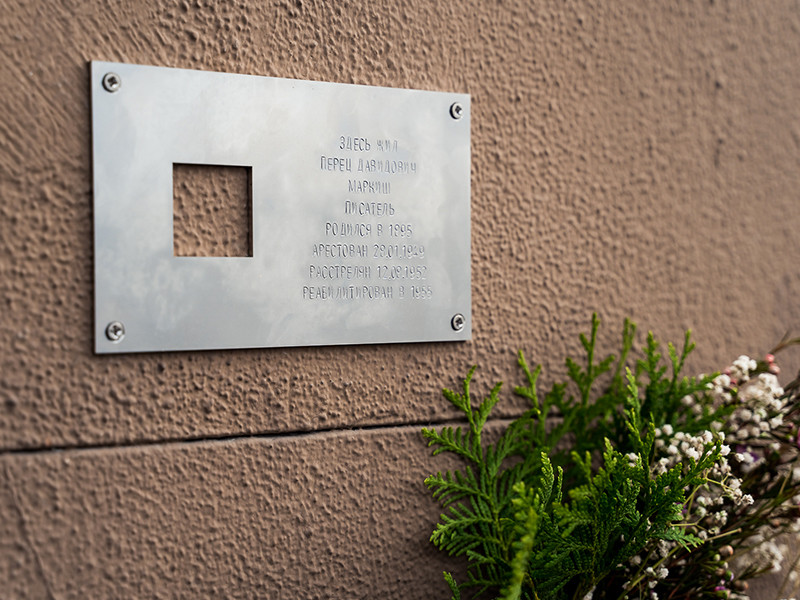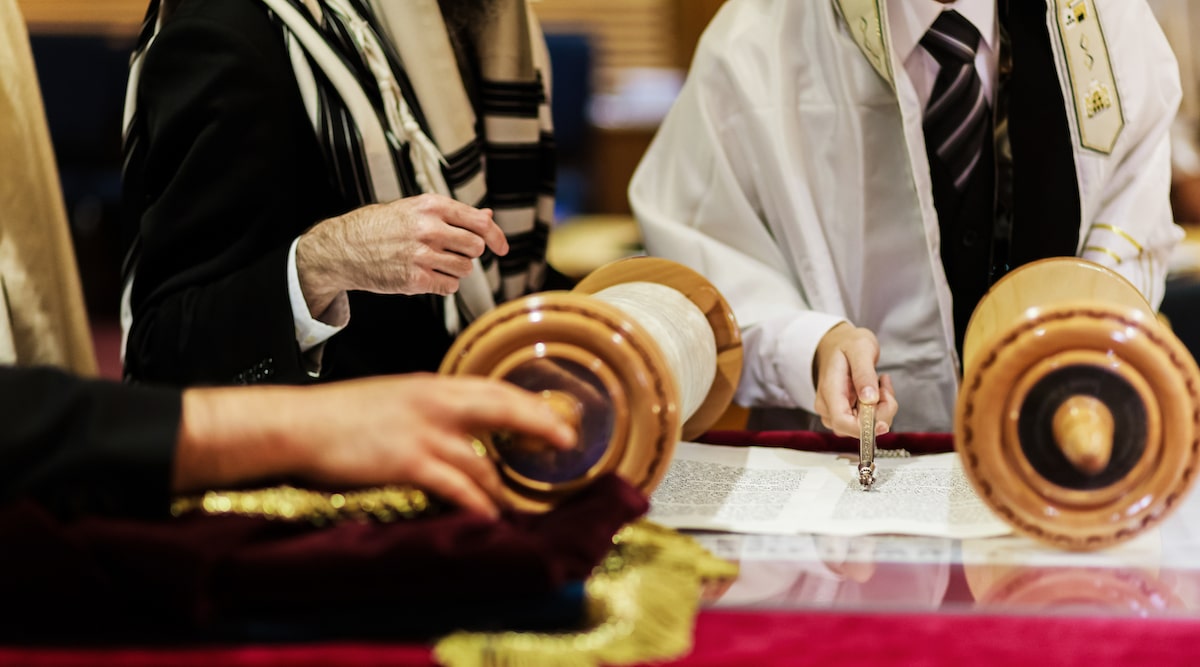- 25/04/2023

Seventy-five years after, it’s time for us to redefine the Zionist mission and develop a long-term strategy.
This year we mark the 75th anniversary of Israel’s Independence and once more remind ourselves what a truly remarkable history we share. In 1902, in his famous ‘Altneuland’, the mastermind of the World Zionist Organization, Theodor Herzl, allowed himself to dream big, maybe even too much. One can’t help but smile reading it today. Brought up in a totally European manner, Herzl wanted to bring Europe itself, all its essence, culture, and progress to the Middle East. Like many early theoretical and political zionists, he even saw a key in it for getting along with the local Arab population and peaceful coexistence. When it came to real life and practical deeds, history got in the way of those dreams. But one cannot deny how right Herzl was in his general vision.
All in all, the Zionist project succeeded in building a modern Jewish state. However, the way to it was extremely tough, and sometimes, at the very crucial moments, maybe even seemed unachievable.
“To say the least, our chances are very slight at the moment. To be frank, we must admit that the enemy has a huge advantage,” assessed Israel’s chances Yigael Yadin, the commander of Haganah operations at the time and the forthcoming IDF chief of staff. According to Ben-Gurion, these words were heard at a meeting on May 12th, only two days before the historic declaration of independence.
The atmosphere among Israeli leaders at the time was agitated and full of the most complex emotions. The War of Independence began long before that day. By May 1948, the most brutal battles were already going on throughout the country. Jerusalem was under heavy siege. The day before the proclamation, on May 13th, four kibbutzim of Gush Etzion fell, to be revived only decades later. After the declaration, the war broke out with renewed vigor on several fronts, and the first weeks of the new Jewish State turned out to be maybe the most complicated, if not decisive. The final ceasefire agreement was signed only in the summer of 1949.
Other, not less complex economic, social, and security challenges continued flowing in the following decades, obliging Israeli leaders to work to the limit. However, despite the dire forecasts, Israel heroically withstood the War of Independence and the first vulnerable decades, so everything that happened after – 75 years full of events, victories, and successes, as it is said – is history.
Today the Jewish people have a fast-growing, modern, democratic state. Although democracy should never be taken for granted. It’s something we are quite lucky to have in Israel. Something we must cherish and stick to it. By ensuring the continuity of democratic traditions and developing a stable system of checks and balances, we are guaranteeing the very future of our State for years to go.
At the very first Zionist Congresses, delegates argued whether it was more important to make political moves rather than actually populate the land. So we know it today as political and practical wings in the Zionist movement. Well, ensuring the work of democracy in Israel is indeed a practical as well as political Zionism of today.
In general, it seems like a misconception to claim that Zionism fulfilled its mission and eventually lost its relevance as an ideology. The fact that we indeed populated the land, built a state, and reached political recognition among the nations doesn’t mean the work is done. We can still redefine the same aspects. We still have a lot of political, practical, and spiritual work to do. In the routine of everyday life, we tend to forget that our ‘founding fathers’, both of the ancient and the modern Jewish nation, dreamt of not less than making the world a better place. That is precisely what binds Judaism and modern Zionism. The idealism of the Torah and the command to serve as a role model to other nations through building a close to an ideal, prosperous state with a just society inspired Zionist pioneers and politicians.
Therefore, building just a good enough State wasn’t the plan, and we are only halfway to go. We have to revive and give another chance to such visionary, dream-like Zionism. Although we are growing fast, and today the State of Israel is among the most prosperous countries, we seem to be running in place and getting lost a bit recently.
We came to this Independence Day with mixed feelings. Israeli society is divided by loud silence and mutual mistrust in everything we do. While political discourse and the media space are full of suspicions and accusations of one against the other, we stopped talking frankly and to the point. Every political group is trying to build a Jewish State of its own without saying out loud what are their aspirations and goals. We lack a platform to speak up, openly express opinions, and simply argue about our diverse visions. And therefore, we lack any clear strategy, which results in reactive, short-sighted, and fragmented policymaking, depending almost entirely on the political environment.
As a nation, we should try to answer a classic simple question: where do we see ourselves 5, 10, or 25 years from now? And every time, in every political statement, every election program to say loud and clear what is it for, what is the final or at least transitional destination? Even when it comes to the most obvious and trivial problems. If you want to ensure better living or labor conditions for your citizens – what are you doing it for in terms of the bigger picture and the future of the Jewish State? It’s something we used to have, from the first Zionist Congresses to Israeli politics until recently. A policy that comes from a long-term vision aligned with one’s ideals and values. It may seem old-fashioned and redundant, but I’m sure this is what we need now.
Just as negotiating teams are trying to find common ground regarding judicial reform, we have to discover what we have in common in how we envision our State’s future. 75 years after, it’s time for us to redefine the mission of Zionism and develop a broad strategy for years to come.




